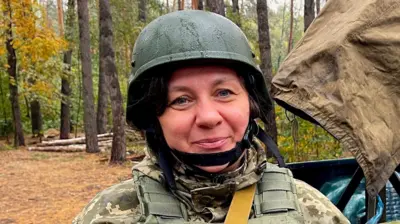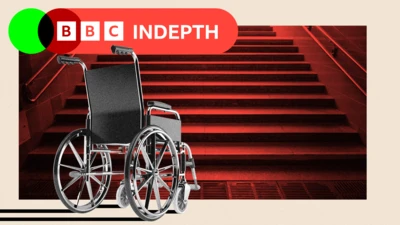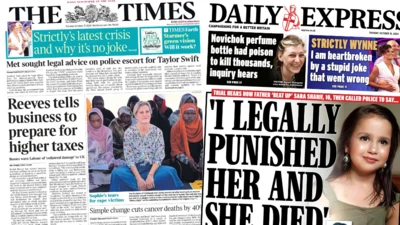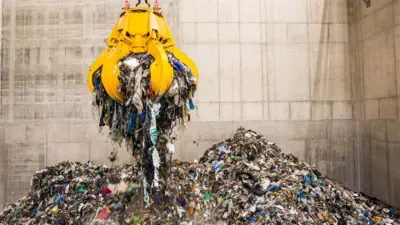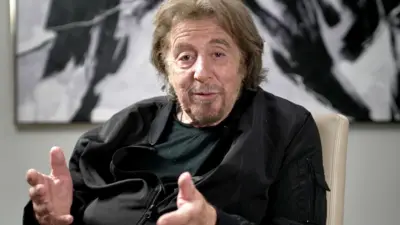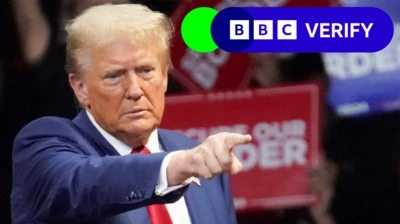We've updated our Privacy and Cookies Policy
We've made some important changes to our Privacy and Cookies Policy and we want you to know what this means for you and your data.
Reality Check: Do Labour's sums add up on free school meals?
The claim: The Independent Schools Council says Labour's plan to fund free school meals for all primary school children in England by charging VAT on private school fees doesn't add up financially.
Reality Check verdict: Unless increased fees led to large numbers of children switching from private to state schools, there's no reason Labour's plans would not work financially.
Jeremy Corbyn says Labour would provide a free school meal for every primary school child in England, which he would fund by charging VAT on private school fees.
The Independent Schools Council (ISC), which represents private schools, says Mr Corbyn's sums don't add up.
At the moment, every primary school child up to about the age of seven - Year 2 - automatically gets a free lunch at school.
After this point, eligibility depends on whether families receive certain benefits. About 15% of primary school children in Years 3-6 currently receive a free school meal.
Think tank the Institute for Fiscal Studies estimated in 2012 that the total cost of providing free school meals to all primary school pupils in England would be an extra Β£1bn per year. Since 2012, inflation will have increased that figure.
But using figures from 2015-16, Mr Corbyn has a slightly lower estimate of Β£900m. The calculation assumes that not every child would take up their free lunch.
About 7% of English school children attend private schools. The Independent Schools Council represents about 80% of all the private schools across the UK. In England, their 1,217 schools educate 474,687 children. The average annual fee across the UK, as listed by schools, is Β£16,119.
That would equate to a total fee income in England of Β£7.65bn a year. Add 20% VAT and you raise a sum of about Β£1.53bn - much more than the IFS's estimate for the cost of the policy.
That assumes that all pupils pay a full fee. The ISC says a third of pupils at its member schools are on reduced fees. That help is worth about Β£850m a year across the UK, reducing the total fee income and thus the VAT take.
Another potential reduction might be if non-UK resident parents are able to claim back VAT. Visitors to the UK can claim back VAT on certain goods and services and it's unclear whether school fees would be included in this list.
But the ISC doesn't represent all schools - the total number of privately educated pupils in England is about 570,000. That's more potential VAT take.
However, raising tax also creates behaviour change - with an increased cost some parents would no longer send their child to a private school.
It's difficult at the moment to quantify how big this effect might be. But as shown above, Labour have left themselves a large leeway.
If there was a large exodus from private to state schools, the plan would become less viable.
An ISC spokeswoman says: "A third of pupils at our schools are on reduced fees and are from families where both parents work hard to pay the fees. If this measure was introduced smaller independent schools might close, driving more children back to be funded in the state system."
The tax take would drop with each pupil leaving the private system. There would also be additional financial pressure on state school budgets from having to accommodate extra pupils.
Top Stories
More to explore
Most read
Content is not available
